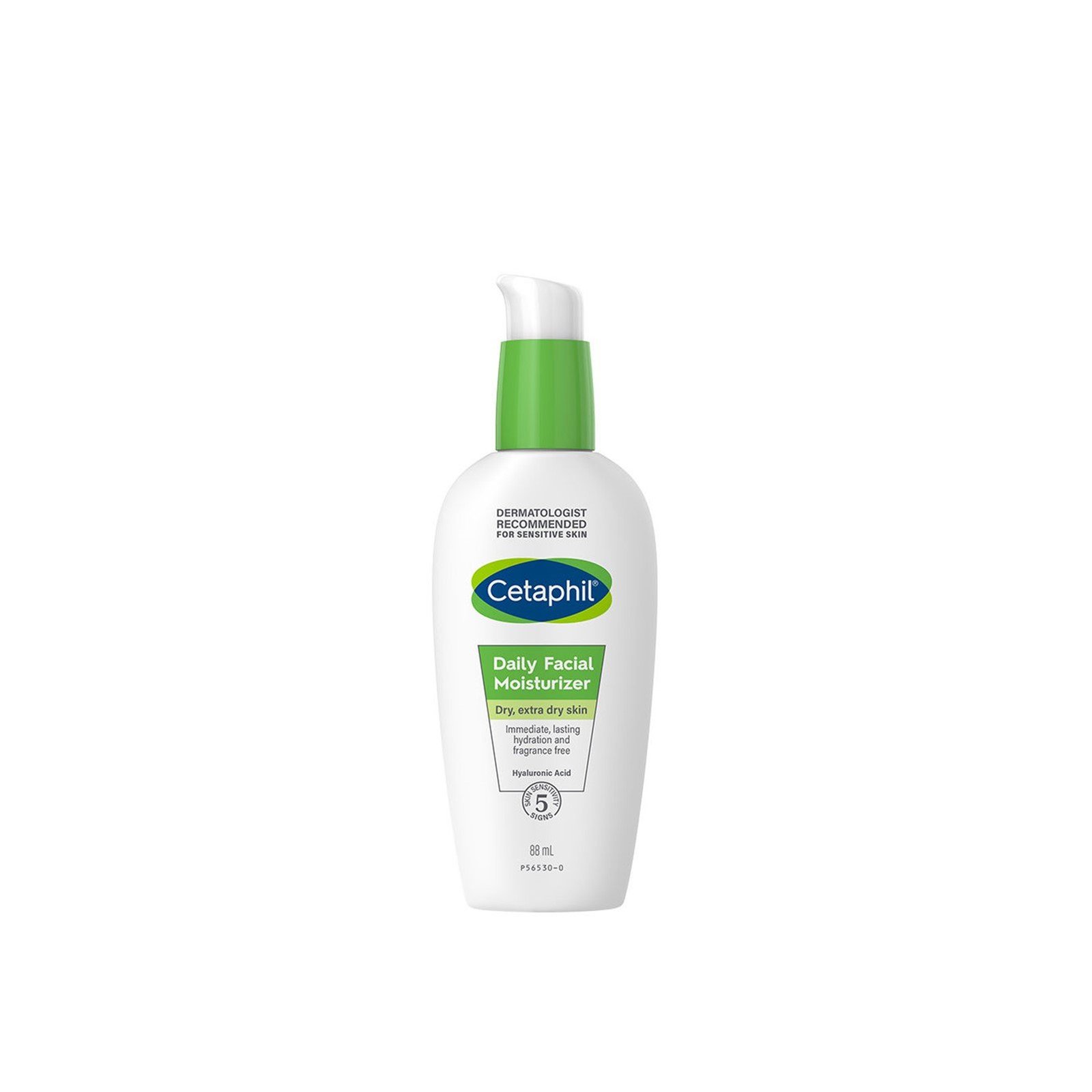Buzz Haven: Your Daily Dose of News
Stay informed and entertained with the latest buzz in news, trends, and insights.
Moisturizer Mysteries Unraveled
Unlock the secrets of moisturizers! Learn how to choose the best for your skin and discover tips to keep it glowing and hydrated.
The Science Behind Moisturizers: What Makes Them Work?
The science behind moisturizers lies in their ability to hydrate and protect the skin. At the core, moisturizers are formulated with a combination of humectants, emollients, and occlusives, each playing a distinct role. Humectants, such as glycerin and hyaluronic acid, attract water from the environment and deeper skin layers, effectively increasing hydration. Meanwhile, emollients smooth and soften the skin by filling in the gaps between skin cells, improving texture and elasticity. Lastly, occlusives, like petroleum jelly and beeswax, create a barrier on the skin's surface to lock in moisture, ensuring that hydration is maintained throughout the day.
Understanding how these components interact can improve your choice of moisturizer. For instance, individuals with oily skin may benefit from lightweight, non-comedogenic formulations that emphasize humectants, while those with dry skin might opt for richer creams that contain strong occlusives. Additionally, considering environmental factors—such as humidity levels and seasonal changes—can also influence how moisturizers work. By selecting the right combination of ingredients tailored to your skin type and external conditions, you can enhance the effectiveness of your skincare routine and maintain a healthy, radiant complexion.

Common Moisturizer Myths Debunked: Separating Fact from Fiction
When it comes to skincare, moisturizers often find themselves at the center of a variety of myths. One common myth is that people with oily skin do not need to use a moisturizer. In reality, omitting a moisturizer can lead to increased oil production as the skin compensates for the lack of hydration, which can exacerbate oiliness. On the other hand, using a lightweight, non-comedogenic moisturizer can help maintain the skin's balance without contributing to greasiness.
Another prevalent myth is that all moisturizers are created equal, leading many to believe that the most expensive product is always the best. This misconception can steer consumers away from effective yet affordable options. In fact, key ingredients such as hyaluronic acid, glycerin, and ceramides can be found in a range of products, regardless of their price point. When choosing a moisturizer, it's essential to focus on the ingredient list and skin type compatibility rather than solely on cost.
Finding Your Perfect Match: How to Choose the Right Moisturizer for Your Skin Type
Choosing the right moisturizer for your skin type is essential for maintaining healthy, hydrated skin. With countless products on the market, it can be overwhelming to find the perfect match. Start by identifying your skin type: is it dry, oily, combination, or sensitive? Each type has different needs. For example, if you have dry skin, look for moisturizers that contain rich, emollient ingredients like hyaluronic acid or glycerin, which help to lock in moisture. In contrast, those with oily skin should opt for lightweight, non-comedogenic formulas that won’t clog pores.
Once you’ve determined your skin type, consider specific concerns you may have, such as acne, aging, or sensitivity. For acne-prone skin, look for moisturizers infused with salicylic acid or tea tree oil to help control breakouts. If you’re concerned about aging, seek out products with antioxidants and peptides that promote skin elasticity. Don't forget to patch-test any new product before incorporating it into your routine, ensuring it’s suitable for your skin. Remember, the key to a successful skincare regimen is finding a moisturizer that caters to your unique needs!